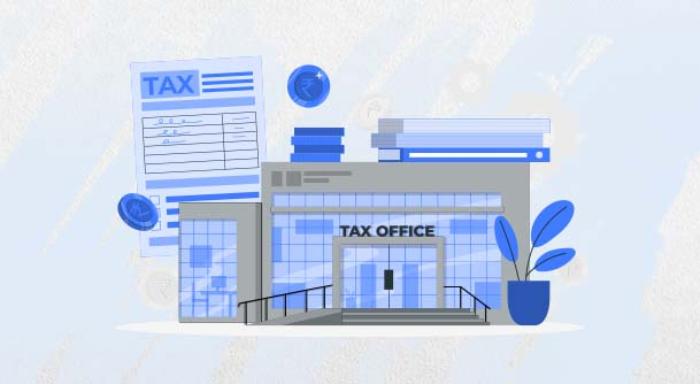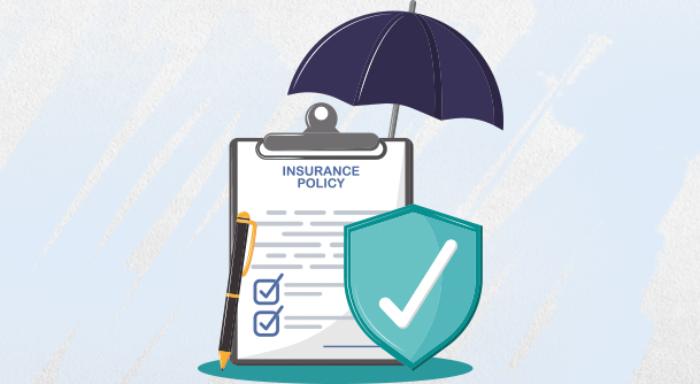5 Common Financial Mistakes That Are Made by Most Indians
Blog Title
4186 |
12/29/23 9:46 AM |
There are a few stereotypes about Indians and their relationship with money, and not all of them are entirely wrong. One stereotype is that Indians love to save money. We like to keep our money closed and protected. Indian families generally stack their wealth into certain avenues, but not all of them necessarily lead to growth. The downside of a savings heavy culture is that we don’t realise that we are actually losing money in the long term. Savings are important, but keeping your money static and not focusing on financial growth is a major mistake that many families make.
You not only need to save money but also need to plan for the day when you no longer have a steady income. Moreover, simply keeping your wealth in a savings account will make it harder for you to achieve your financial goals for the future. even if you make small monthly investments now, the advantage of compounding will lead to a sizeable sum years into the future. The longer you wait to start building your investment portfolio, the smaller your final corpus will be.
Below are some of common financial mistakes made by Indian families:

Not Maintaining an Emergency Fund
It is vital to have a cash buffer at all times to protect yourself during a financial crisis. If you lose your job or face a medical emergency, you could face serious financial problems without an emergency fund. Caught unprepared, you might be forced to take a personal loan, which can be very expensive with interest rates going up to 30%. You need to consciously set aside a specific amount regularly to create a cash fund that is equivalent to 6-7 months of income. Try not to use these funds for any non-vital expenditures.
Neglecting Insurance / Retirement Planning
Most young people think insurance and retirement planning are mid-career financial goals, to be considered only once they have a larger income. Some don’t even consider insurance and retirement plans as important aspects of financial planning. Buying a term life insurance is a relatively affordable way of providing long-lasting financial security for your loved ones. Many young Indians fail to realise that insurance becomes significantly more expensive once you turn 40. The best practice is to buy a policy when you are still young and healthy.
Similarly, there are advantages to investing in a retirement fund while you’re still young. Retirement might seem like a long way away, especially when you are young and have other pressing expenses to take care of. But delaying your retirement planning can jeopardise the golden years of your life. The earlier you start planning, the larger your retirement savings will be. Inadequate retirement planning can lead to serious financial problems if you face any emergency or medical issue post-retirement.
Delaying Investments
There are many expenses to take care of when you are in the early stages of your career, and you might struggle to spare any money for investments. However, keep in mind that entertainment and vacations are not ‘essential’ expenditures. Even if your monthly investments are small, investing earlier in your professional life gives you greater growth than investing a larger amount for a smaller number of years later in life.
Moreover, as you grow older, you might have other responsibilities such as paying for your child’s education, EMIs, or repaying home loans etc. So, investing early can help you develop a healthy portfolio without having to compromise on your essential savings later down the line.
Relying on Conservative Investments
Fixed deposits and small savings schemes are still the most beloved form of investment for millions of Indians. While they are safe investment instruments, they are not particularly lucrative and might merely keep up with inflation, leaving you at the same place financially as you were when you first opened the FD. On the other hand, investing in mutual funds or ULIPs can help you grow your wealth at a faster pace than inflation. Change your approach to investment according to your financial needs and your risk tolerance.
Not Building a Credit Profile
It is important for your long-term loan-eligibility to build up a credit portfolio that demonstrates that you are a responsible borrower. Repaying your loans and credit card debt on time will help you build a solid credit profile. This will enable you to qualify for loans easily and make you eligible for attractive terms and conditions.
It doesn’t require financial wizardry to avoid the above-mentioned mistakes. A little bit of commitment, self-discipline and awareness goes a long way to enjoy a lifetime of financial security.
Neha Panchal - Financial Content Writer
Neha used to be an Engineer by Profession and Writer by passion, which is until she started pursuing full-time writing. She's presently working as a Financial Content Writer, with a keen interest in all things related to the Insurance Sector.










